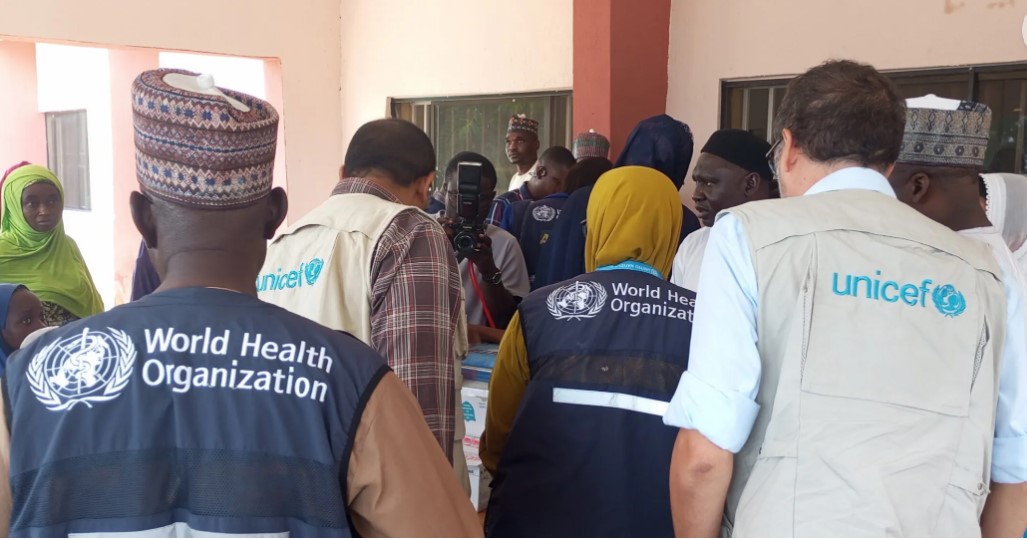NHIA expands insurance coverage to fund Fistula treatment in Nigeria
- Health and WellbeingHealth Sector
- No Comment
- 180

The National Health Insurance Authority (NHIA) is intensifying its support for Nigeria’s vulnerable populations by funding Vesicovaginal Fistula (VVF) treatment and enrolling patients in government health insurance programs.
This move, announced by NHIA Director-General Dr. Kelechi Ohiri at the Joint Annual Review (JAR) meeting on Thursday in Abuja, is part of a broader effort to ease healthcare access for low-income Nigerians.
The JAR meeting is a key event dedicated to assessing the progress of the health sector and evaluating the effectiveness of the Sector-Wide Approach (SWAp).
It serves as an important platform for advancing SWAp in Nigeria, bringing together key stakeholders to review achievements, address challenges, and explore opportunities for enhancing healthcare.
Dr. Kelechi Ohiri, Director-General of the National Health Insurance Authority (NHIA), recently announced that the NHIA is ramping up efforts to provide essential healthcare to approximately 2.4 million low-income Nigerians.
“The initiative, which falls under the Basic Healthcare Provision Fund (BHCPF), aims to deliver vital health services without financial burdens for the country’s most vulnerable populations.”
“The NHIA’s partnership with state health insurance agencies ensures that funds go directly to healthcare providers. These providers will then offer free or subsidised services to eligible beneficiaries, ensuring that those in need receive quality care without the burden of out-of-pocket expenses,” he explained.
“The NHIA also monitors healthcare providers and insurance agencies to maintain high standards of care and accountability throughout its programmes.
“This initiative reflects a broader commitment to achieving Universal Health Coverage (UHC), with NHIA actively seeking citizen feedback and collaborating with public and private sectors to extend health insurance access to informal workers and marginalized groups,” he added.
SWAp principles: A path to sector transformation
Dr. Ohiri highlighted the transformative potential of Sector-Wide Approach (SWAp) principles for Nigeria’s health sector. He emphasized three key components critical to success:
Dr. Ohiri emphasized the importance of transparency in resource allocation and accountability across all levels, including government agencies, state health offices, and development partners.
He noted that the SWAp framework can improve monitoring and resource utilization, ensuring that citizens, taxpayers, and stakeholders feel the impact of their contributions.
He urged all stakeholders, from federal agencies to local governments, to align with shared health goals.
Mike Tyson’s phrase, “Everyone has a plan until you get punched in the face”, he stressed the need for adaptable health strategies to address real-world challenges effectively.



